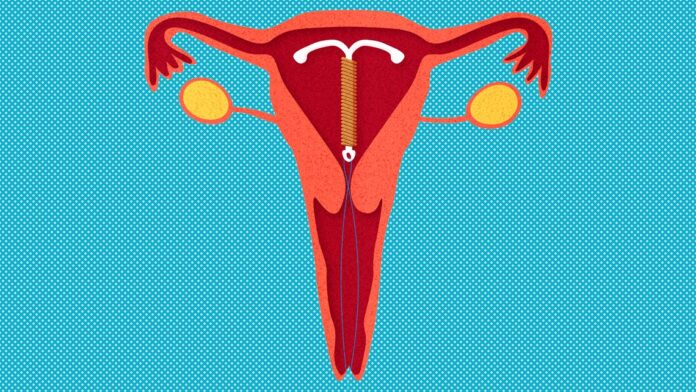When it comes to contraception, you have numerous options to choose from, each with its own set of advantages and drawbacks. One method that’s gaining popularity among many is the Intrauterine Devices (IUDs). However, does it align with your individual needs?
To help you make the right choice, this article aims to shed light on the advantages and drawbacks of IUDs. This will empower you to make the right decision about your birth control. After all, your reproductive health is a personal matter, and finding a suitable option is crucial for your well-being.
Advantages of IUDs
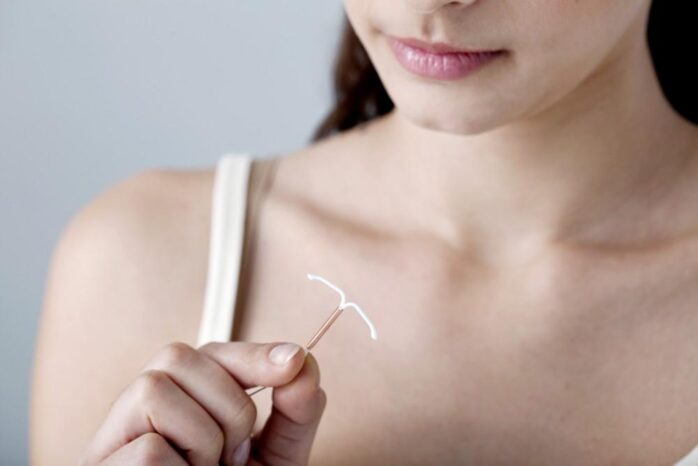
When considering contraception, it’s essential to know the advantages and demerits of IUDs. These devices offer several distinct advantages, making them highly popular among women seeking effective contraceptive methods.
High durability is one of the top advantages of IUDs. Once inserted, you can enjoy worry-free contraception for an extended period, typically ranging from three to twelve years, depending on the type. This means you don’t have to think about daily pills or monthly appointments, providing a level of convenience that suits busy lifestyles.
IUDs are highly effective in preventing pregnancy, boasting a high success rate. This efficacy is because they work locally within the uterus, ensuring that contraception is targeted precisely where it’s needed most. For you, this means enhanced peace of mind and confidence in the reliability of your chosen birth control method. Recent studies indicate that IUDs are very effective, well-received, and provide excellent value for their cost.
Another advantage lies in the flexibility that IUDs offer. If you decide to start a family or explore other contraceptive options, you can have the IUD removed at any time. Unlike some other methods, fertility typically returns promptly, allowing you to plan for the future without the extended waiting periods. This adaptability empowers you to take control of your reproductive journey.
Considerations Before Choosing an IUD
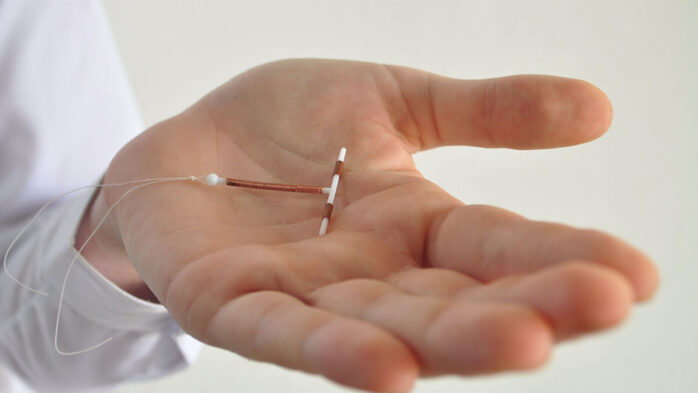
Before deciding if IUDs are the right fit for your contraceptive needs, you must take into account a few crucial factors.
Firstly, have a conversation with a healthcare professional about your choices. A medical expert can assess your unique health history and recommend the most suitable type of IUD for you. They’ll help determine whether a hormonal or non-hormonal IUD aligns better with your specific needs, ensuring a personalized approach.
Moreover, financial aspects should also be considered. While IUDs are generally cost-effective, initial insertion and any associated medical visits can incur upfront expenses. Be sure to inquire about insurance coverage and any available financial assistance options. This will help you ensure that the financial aspect aligns with your budget.
However, despite these considerations, the adoption of these devices remains relentless, fueling the IUD industry, particularly in the United States. Data from IMARC Group reveals that the global market for intrauterine devices touched $4.3 billion in 2022. The market is likely to reach a valuation of $5.7 billion by 2028. The North American market has emerged as the dominating region worldwide, underscoring the substantial demand and utilization of these devices in this region.
Potential Drawbacks and Side Effects
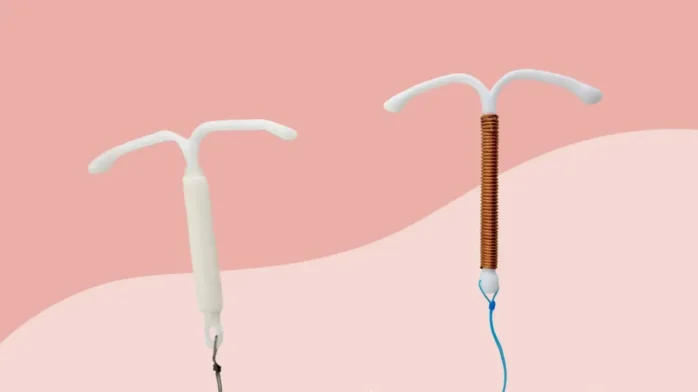
While IUDs offer a range of benefits, it’s essential to be aware of potential drawbacks and side effects. Knowing these aspects will help you make better choices about whether an IUD is right for you. Here are some possible adverse effects linked to the use of IUDs:
- Internal bleeding: In rare cases, IUD insertion may lead to internal bleeding, though this occurrence is infrequent. Consider seeking urgent medical attention if you experience severe or prolonged abdominal pain after an IUD insertion.
- Infections: While rare, there exists a small possibility of infection occurring after the insertion of an IUD. It’s essential to monitor for symptoms such as fever, chills, unusual vaginal discharge, etc. Promptly consult a healthcare professional if any concerning signs arise.
- Organ damage: While extremely rare, there have been instances of IUDs perforating the uterine wall during insertion. This can potentially lead to organ damage. It’s vital to choose a skilled and experienced healthcare provider for the insertion procedure, reducing the risk of such complications.
These problems have been reported among women who have utilized IUDs. IUDs from certain brands, such as Paragard, are more prone to causing injuries. As stated by TorHoerman Law, the medical device can fracture during the removal procedure. Also, there is a chance of the IUD moving within the body, further complicating the removal process.
Women who have encountered such side effects have chosen to pursue legal action by filing a Paragard IUD lawsuit. This legal recourse allows them to seek compensation for any harm or difficulties they may have experienced. These lawsuits aim to hold accountable those responsible for manufacturing and distributing the product. Lastly, these lawsuits empower these women to advocate for their well-being.
Choose Wisely: Is an IUD Suitable for Your Needs?
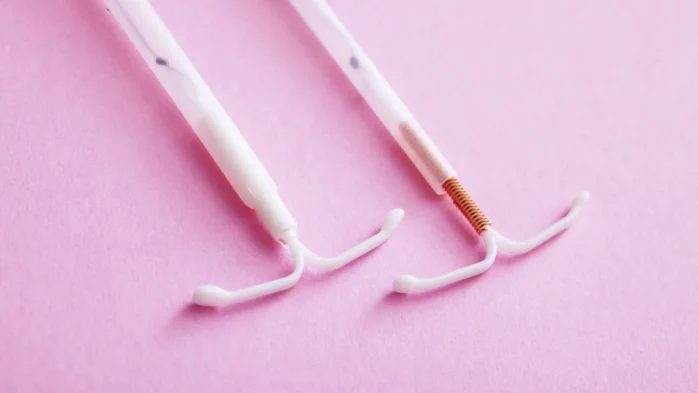
Before making the leap, you must understand whether this contraceptive method aligns with your unique needs and circumstances.
First, consider your long-term contraceptive goals. If you prefer a reliable, low-maintenance option that doesn’t require daily attention, an IUD might be an excellent choice. However, if you have concerns about potential side effects, it’s essential to weigh these factors against the benefits.
Another key factor to ponder is your future family planning. If you have immediate plans to conceive or a desire for flexibility, an IUD’s ease of removal can make it a suitable option. Conversely, if you’re certain about not wanting children for several years and prefer a “set it and forget it” approach, the extended contraception offered by an IUD might align perfectly with your goals.
Health considerations are the primary reason motivating many women to discontinue the use of IUDs. A recent study published in Frontiers has shed light on various side effects that lead to discontinuation of IUDs.
Among the LARC options, both the copper IUD and the implant share potential side effects, including irregular bleeding, abdominal pain, and infections. However, it’s worth noting that hormonal implants may introduce additional considerations. These may include breast pain, headaches, mood swings, bouts of nausea or vomiting, weight fluctuations, and changes in sexual desire. On the other hand, IUDs have their own set of potential side effects, such as pain during intercourse and expulsions.
This information serves as a crucial backdrop when evaluating whether an IUD is the right contraceptive choice for you.
Final Thoughts
Deciding on the right form of contraception is a personal journey, and considering the pros and cons of IUDs is a vital step. Their long-lasting effectiveness and convenience make them a compelling choice for many. However, you should consider potential side effects before making the final choice.
Whether an IUD aligns with your individual preferences determines its suitability for you. Consulting with a healthcare professional, discussing your goals, and weighing the benefits against any concerns will empower you to make an informed choice. The best contraceptive method is one that aligns with your lifestyle and provides you with confidence in your reproductive health decisions.

